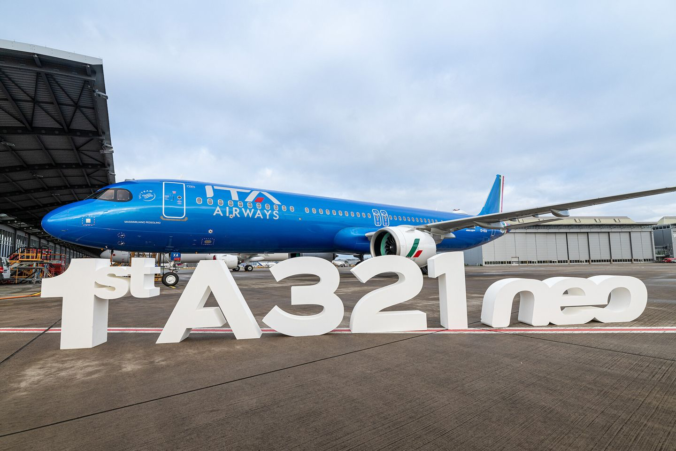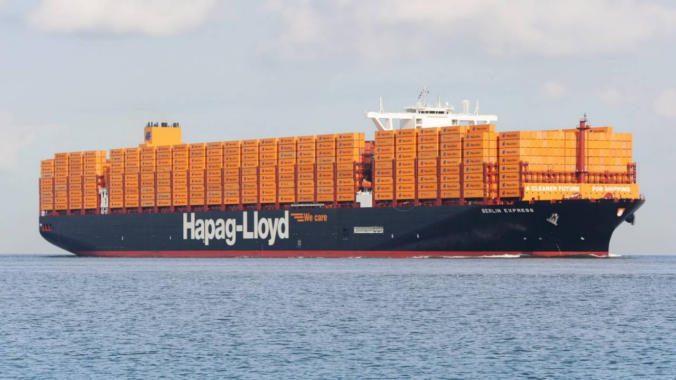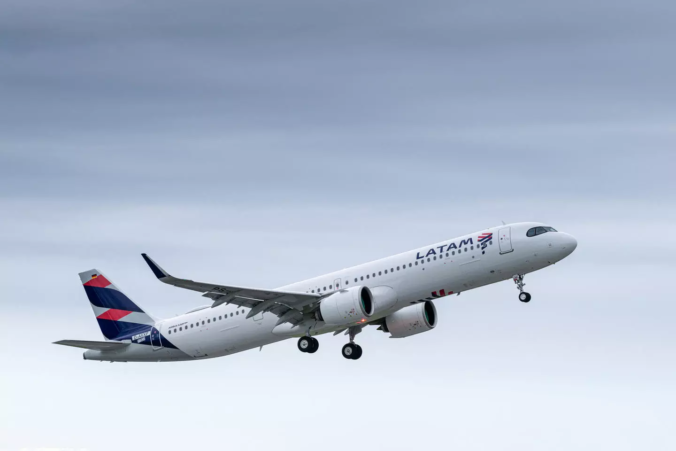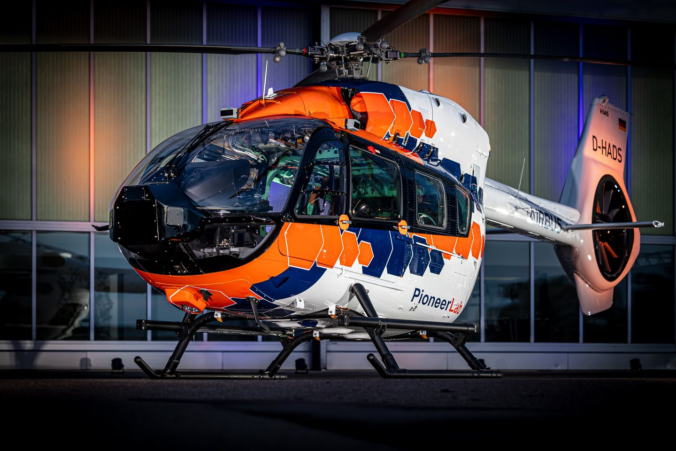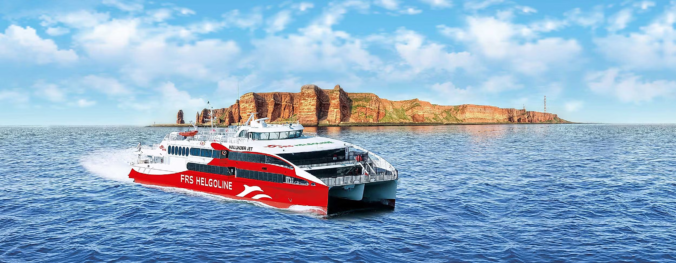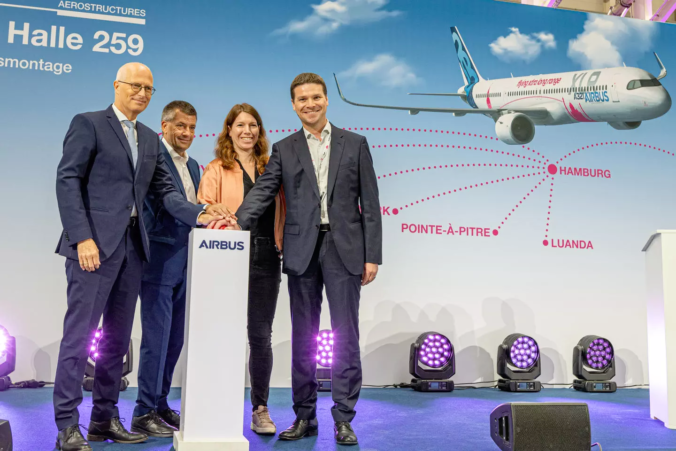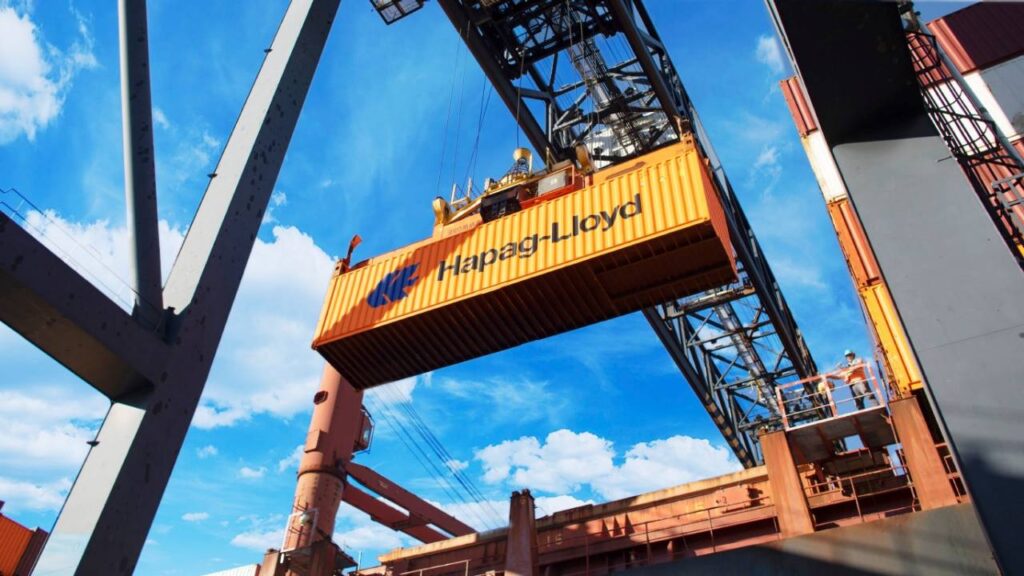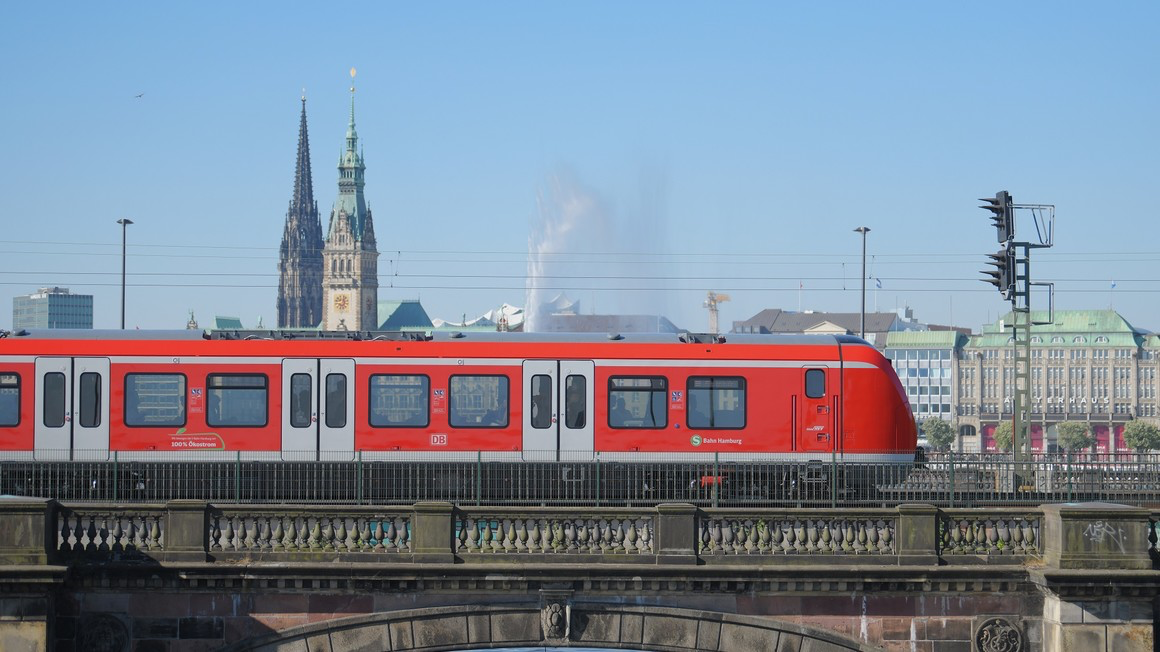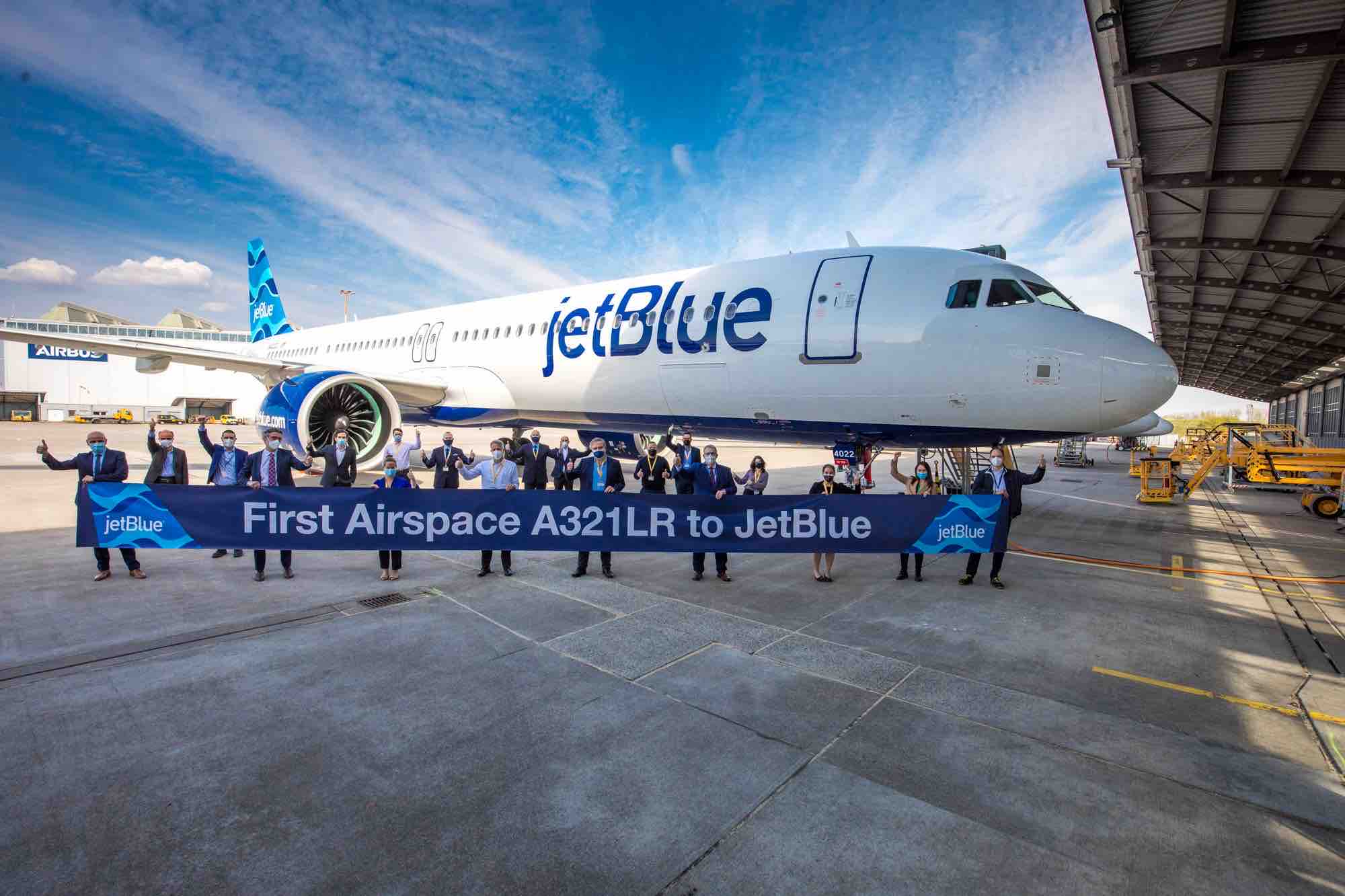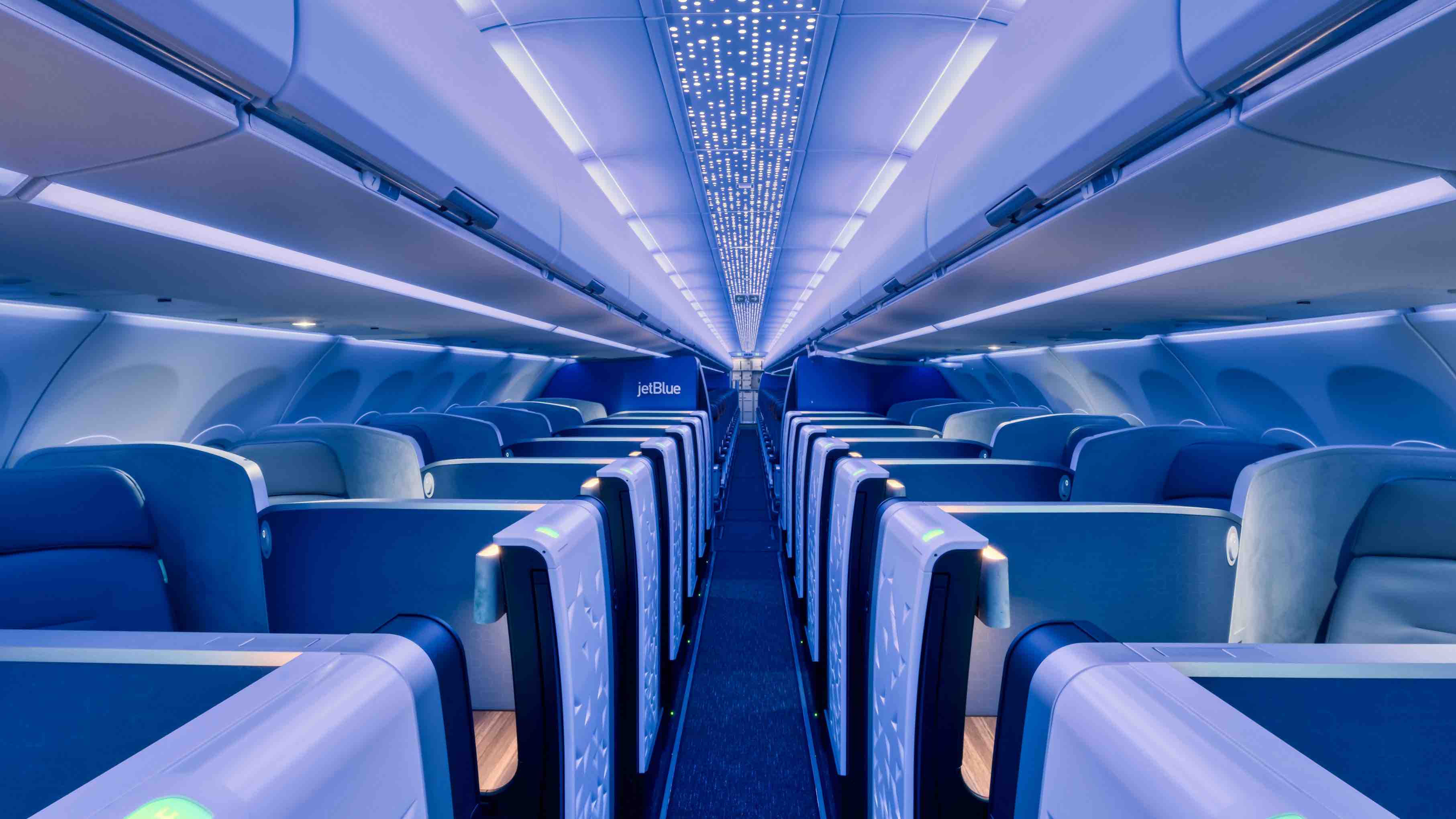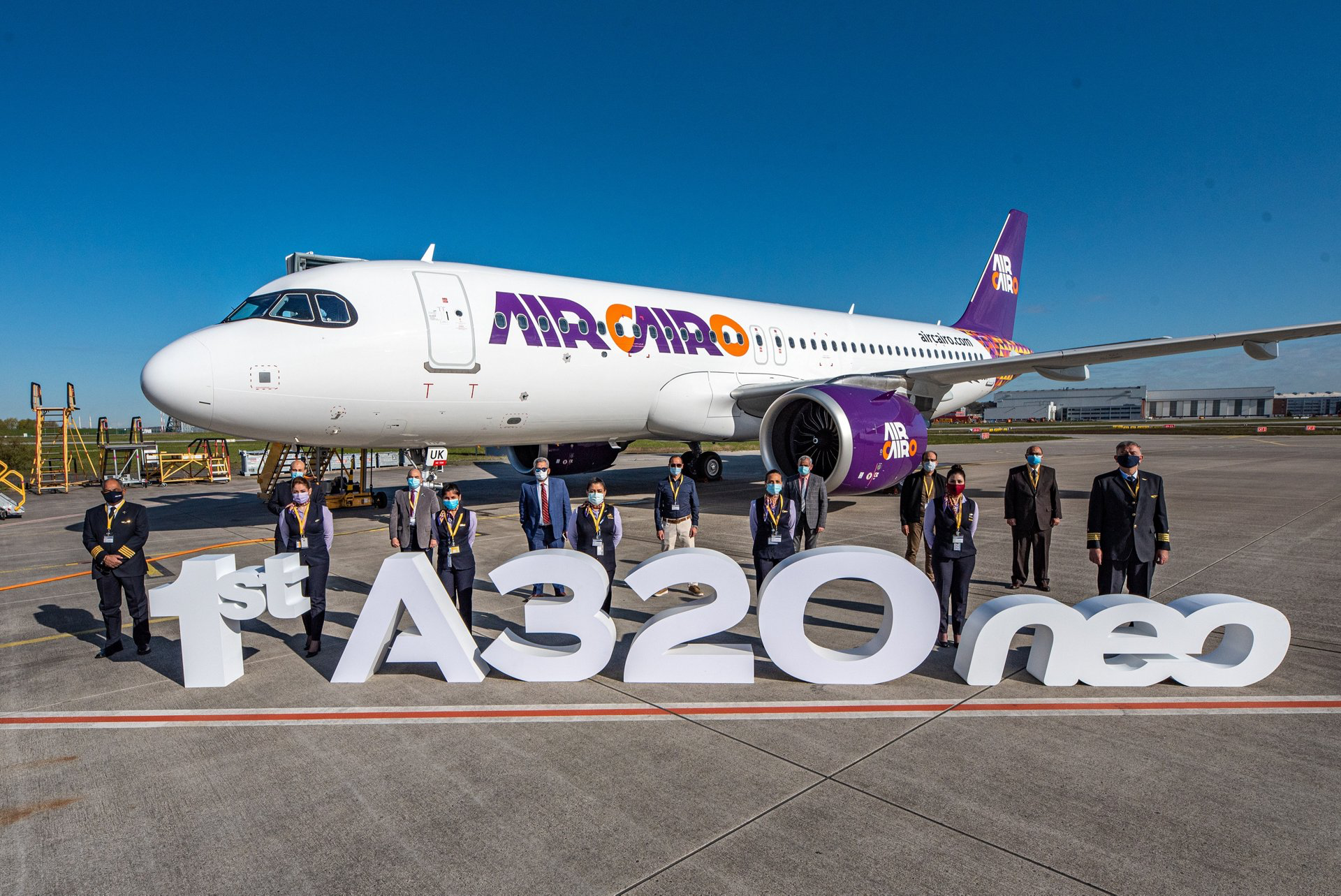Hamburg, Germany, November 10, 2023 – ITA Airways has taken delivery of its first Airbus Group SE (Paris: AIR) A321neo on lease from Air Lease Corporation (NYSE: AL) from Airbus’ Hamburg production facilities.
This latest addition further consolidates ITA Airways’ all-Airbus fleet strategy, which currently stands at 81 aircraft, and includes latest generation A220, A320neo, A330neo and A350 aircraft.
ITA Airways’ A321neo, which will serve the airline’s medium haul routes, is fitted with a three class configuration including 12 Business Class full flat beds with direct aisle access, 12 Premium Economy seats in 4-abreast, and 141 Economy seats of which 12 are dedicated to Comfort Economy.
ITA Airways’ A321neo aircraft features Airbus’ Airspace cabin design, which includes new XL overhead bins and customised interior lighting based on the latest full-LED technologies to help reduce jet lag. In addition, to enhance the passenger experience, each seat is equipped with the latest generation in-flight entertainment system with individual screens and on-demand content.
Forward-Looking Statements
This press release contains forward-looking statements within the meaning of the Private Securities Litigation Reform Act of 1995, including expected delivery dates. Such statements are based on current expectations and projections about our future results, prospects and opportunities and are not guarantees of future performance. Such statements will not be updated unless required by law. Actual results and performance may differ materially from those expressed or forecasted in forward-looking statements due to a number of factors, including those discussed in our filings with the Securities and Exchange Commission.
